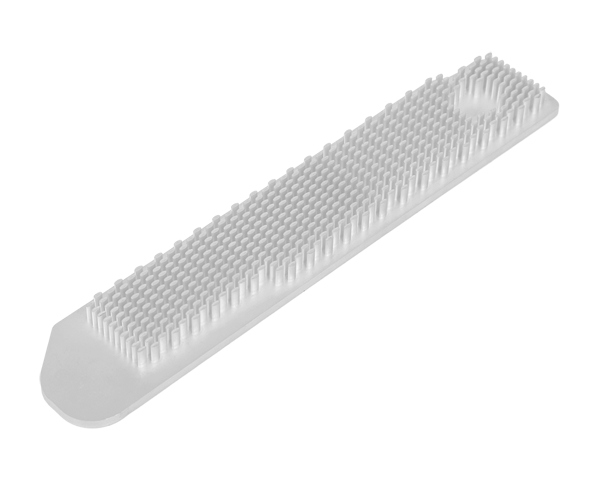2025-03-14 hits:0 source:News

Aluminum die - casting is a widely used manufacturing process in various industries due to its ability to produce complex - shaped parts with high efficiency. However, the precision requirements for aluminum die - castings can vary significantly depending on the application.
In the automotive industry, for example, many components are made through aluminum die - casting. Engine parts such as cylinder heads and engine blocks need to meet extremely high - precision requirements. The dimensional accuracy of these parts is crucial for the proper functioning of the engine. Tolerances for critical dimensions in engine components are often in the range of ±0.05 to ±0.15 millimeters. This tight tolerance ensures a perfect fit between different parts, reducing leakage and improving the overall performance and efficiency of the engine. Any deviation from these precision standards can lead to engine malfunctions, reduced fuel efficiency, and increased emissions.
In the aerospace industry, the precision requirements for aluminum die - castings are even more stringent. Components like aircraft wing brackets and engine nacelle parts must be manufactured with exceptional accuracy. The tolerances can be as low as ±0.02 millimeters or even less. High - precision aluminum die - castings in aerospace applications are essential for ensuring the structural integrity and aerodynamic performance of the aircraft. A slight deviation in the shape or dimensions of these parts can affect the flight characteristics of the aircraft, posing a significant safety risk.
Consumer electronics also rely on aluminum die - castings for their housings and internal components. For these applications, precision is important for both functionality and aesthetics. The tolerance for the dimensions of a smartphone's aluminum frame, for instance, may be around ±0.1 to ±0.2 millimeters. Precise manufacturing ensures that the various components fit together seamlessly, and the device has a sleek and uniform appearance.
The precision of aluminum die - castings is influenced by several factors. The quality of the die - casting mold is a primary factor. A well - designed and accurately machined mold can produce parts with better dimensional accuracy. The casting process parameters, such as injection pressure, temperature, and cooling rate, also play a crucial role. Optimizing these parameters can help to minimize shrinkage, warping, and other defects that can affect the precision of the final product.
Read recommendations:
What methods can improve the efficiency of aluminum alloy die-casting
lf you have any questions or comments, you can leave us a message and we will reply to you as soon as possible
